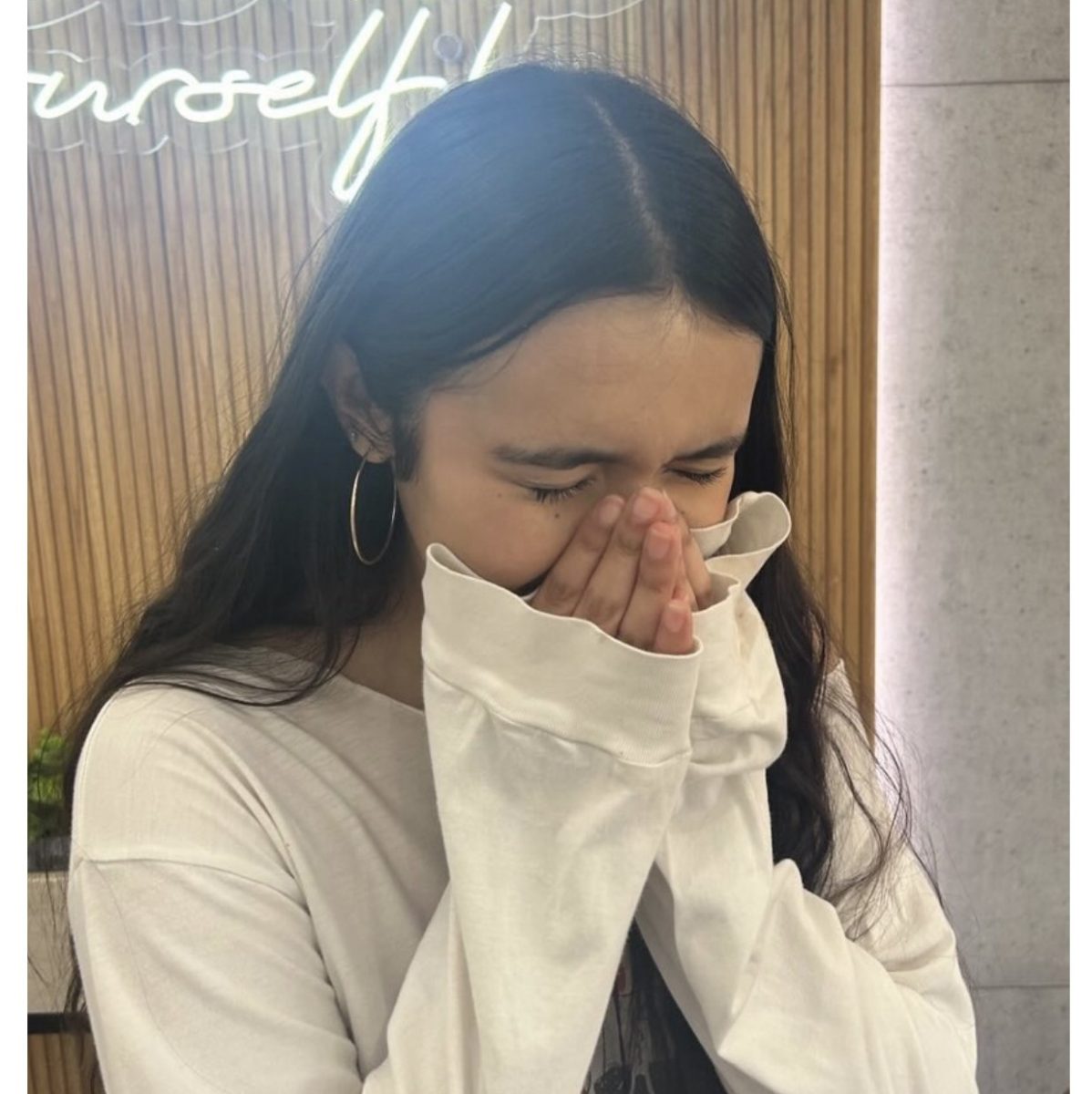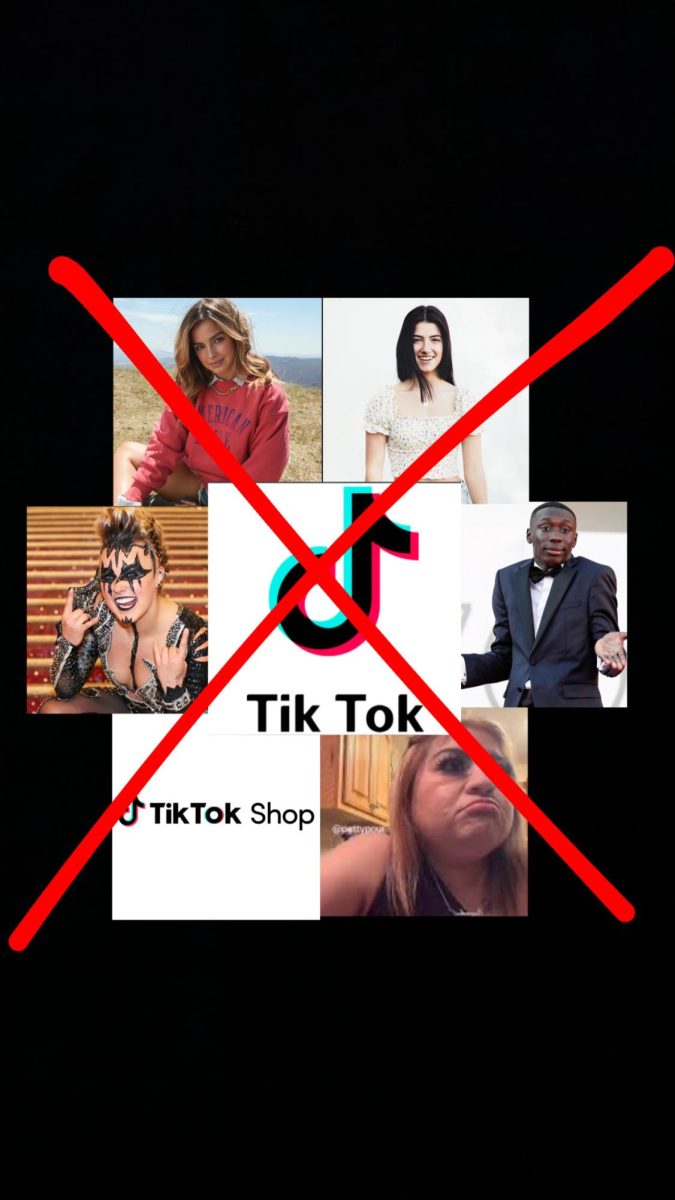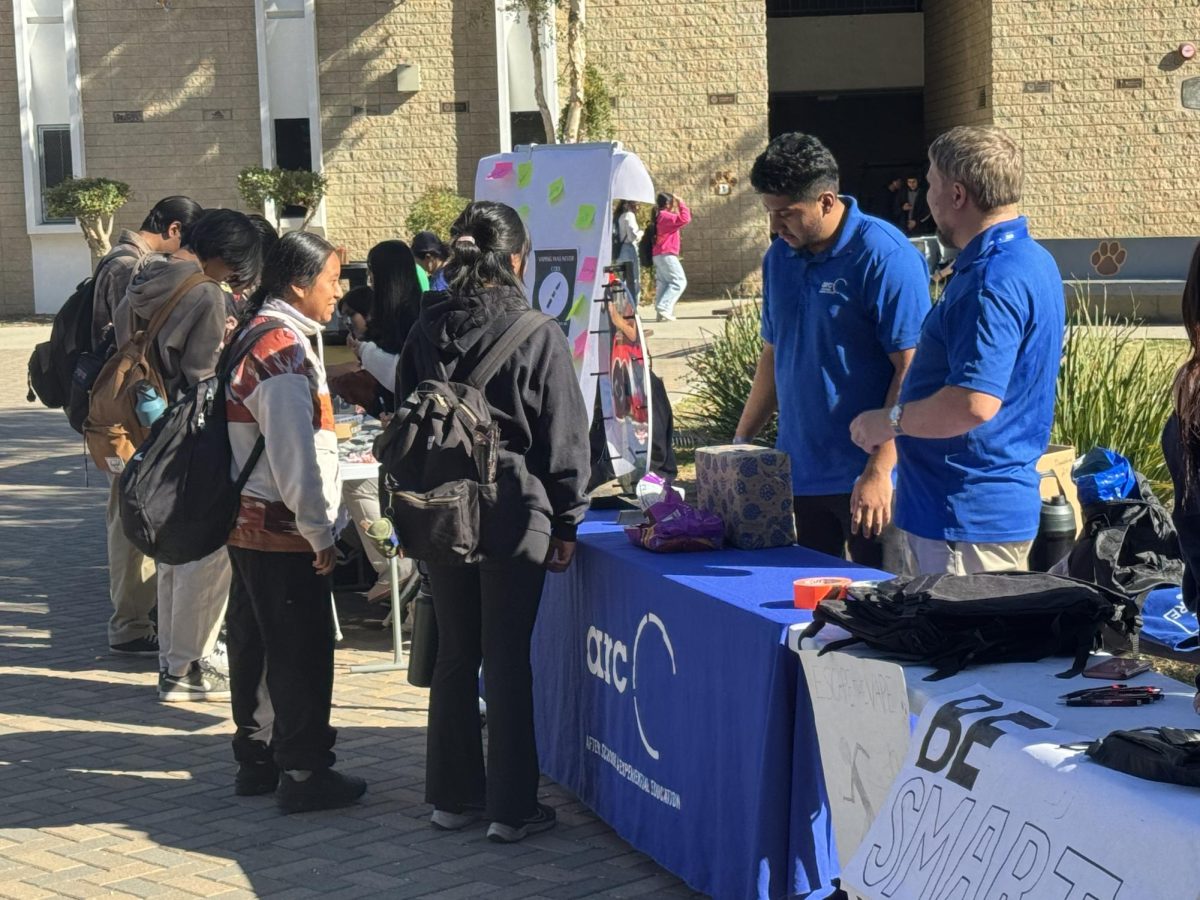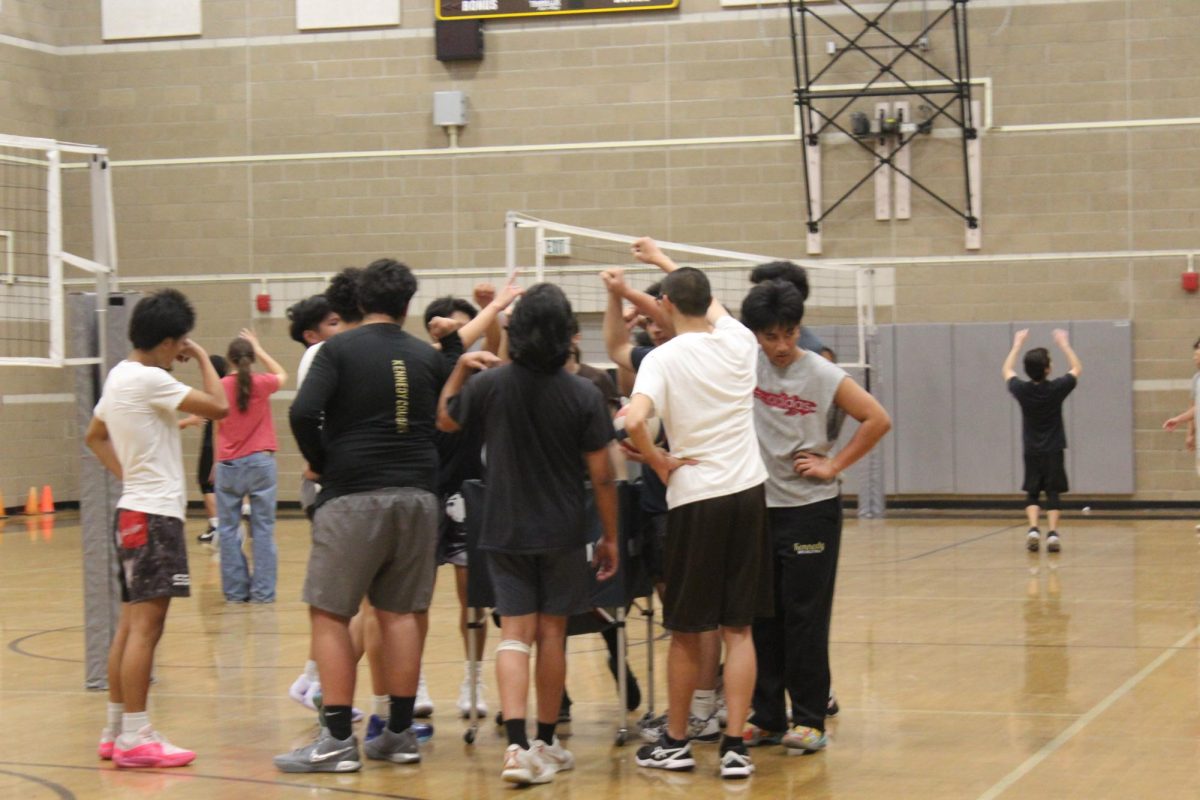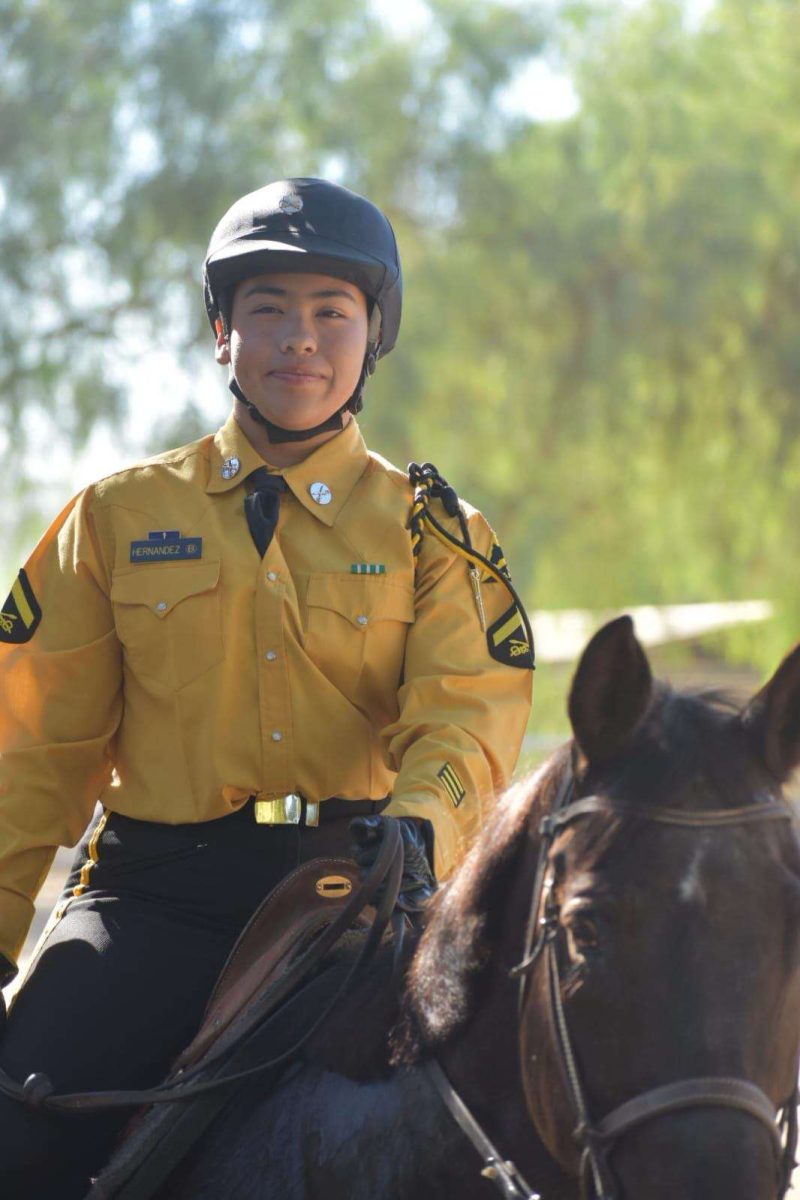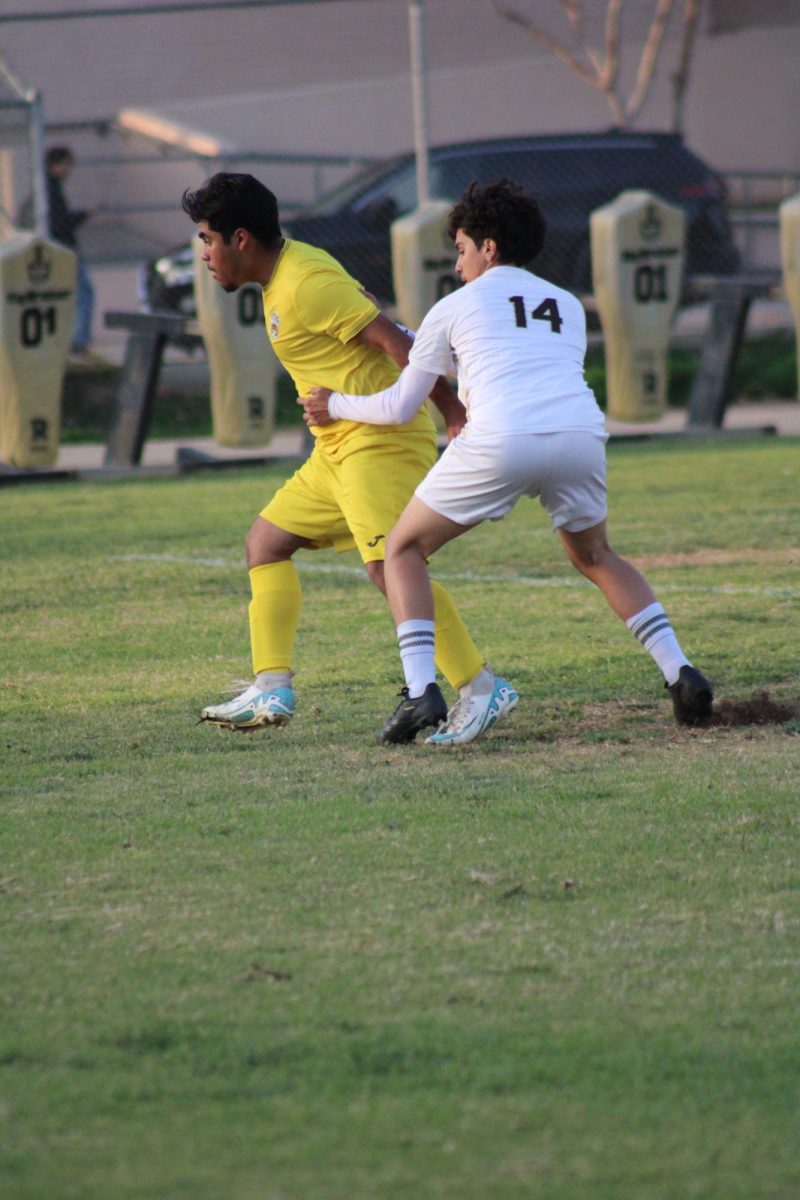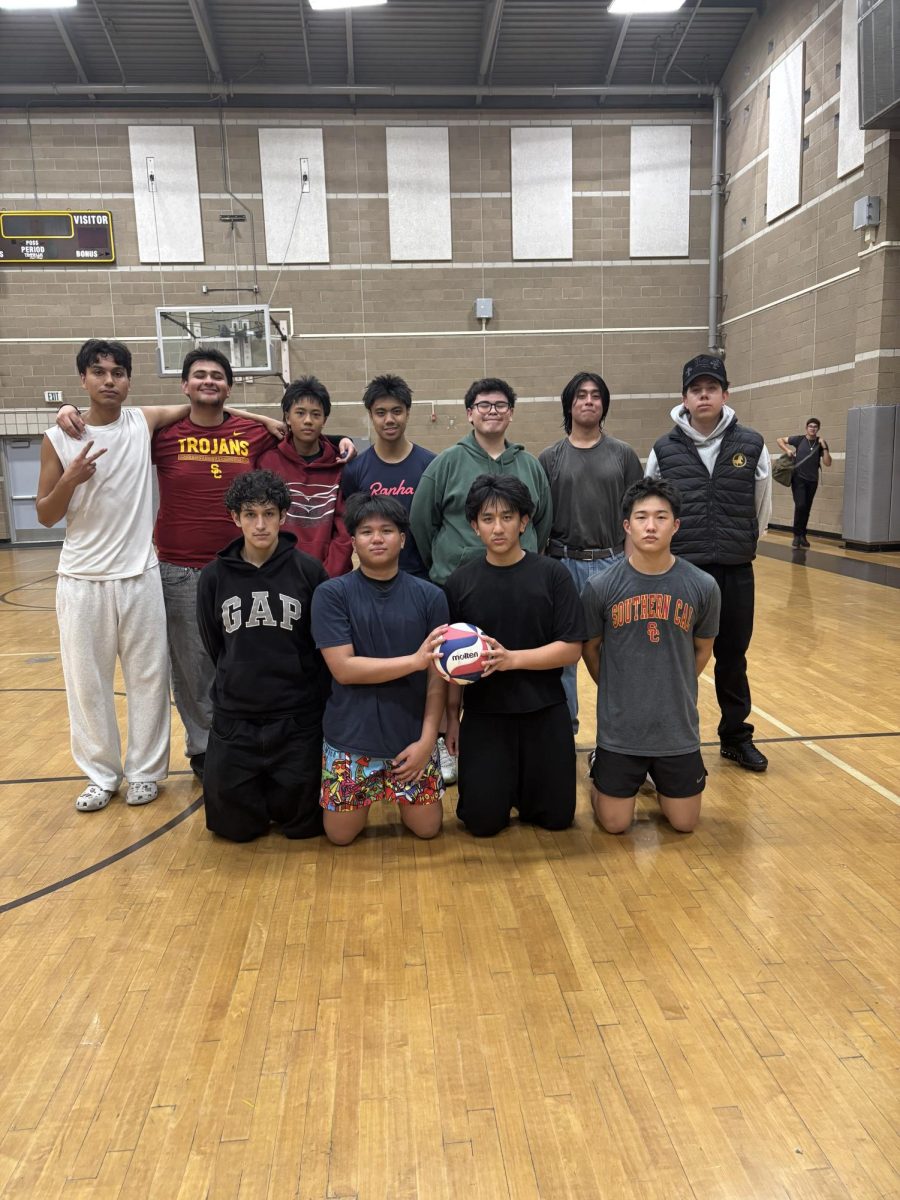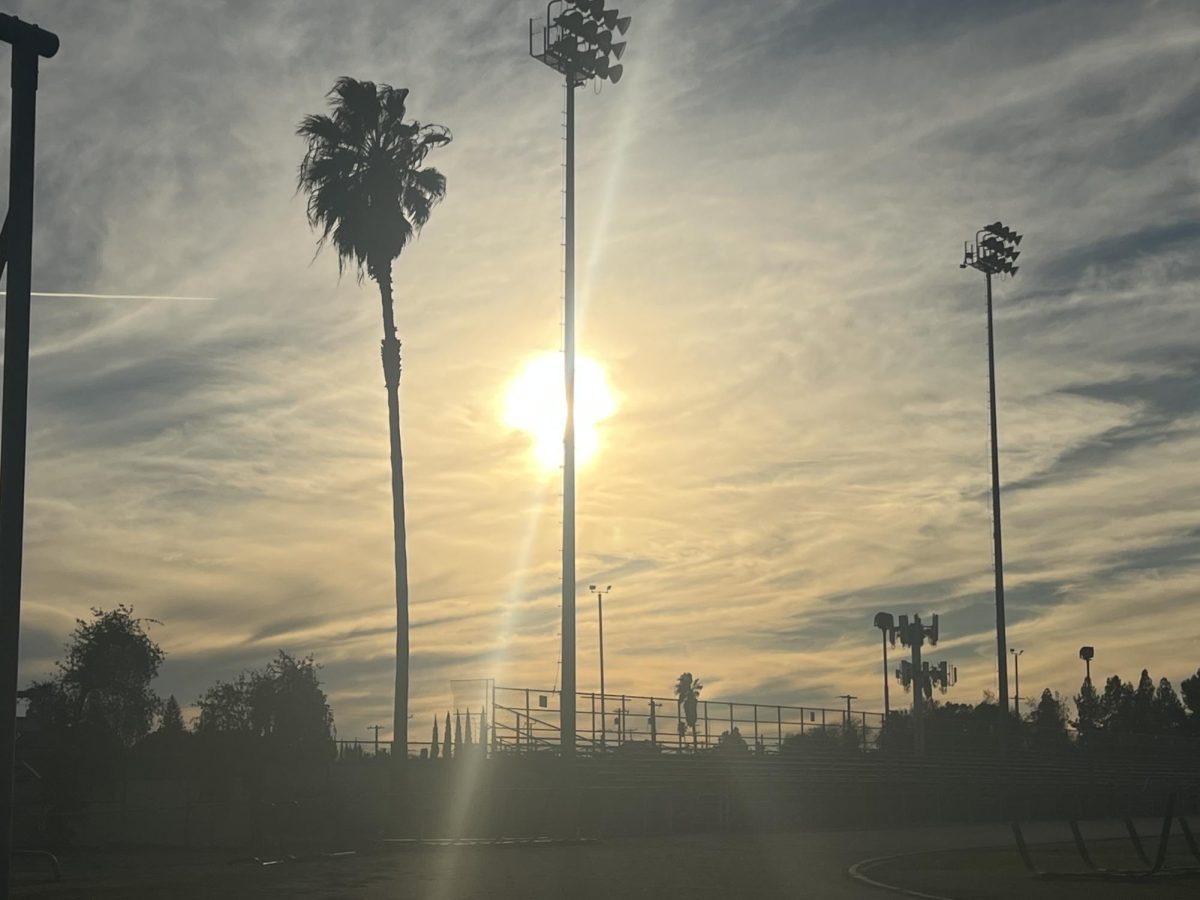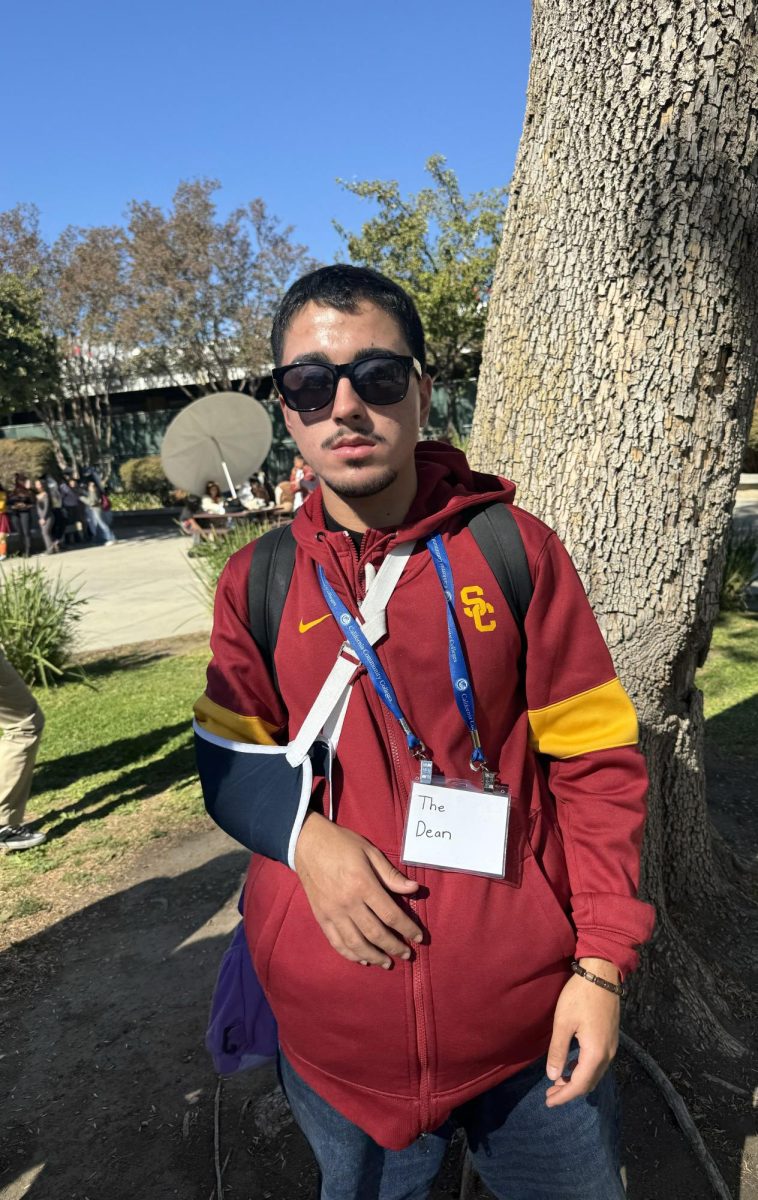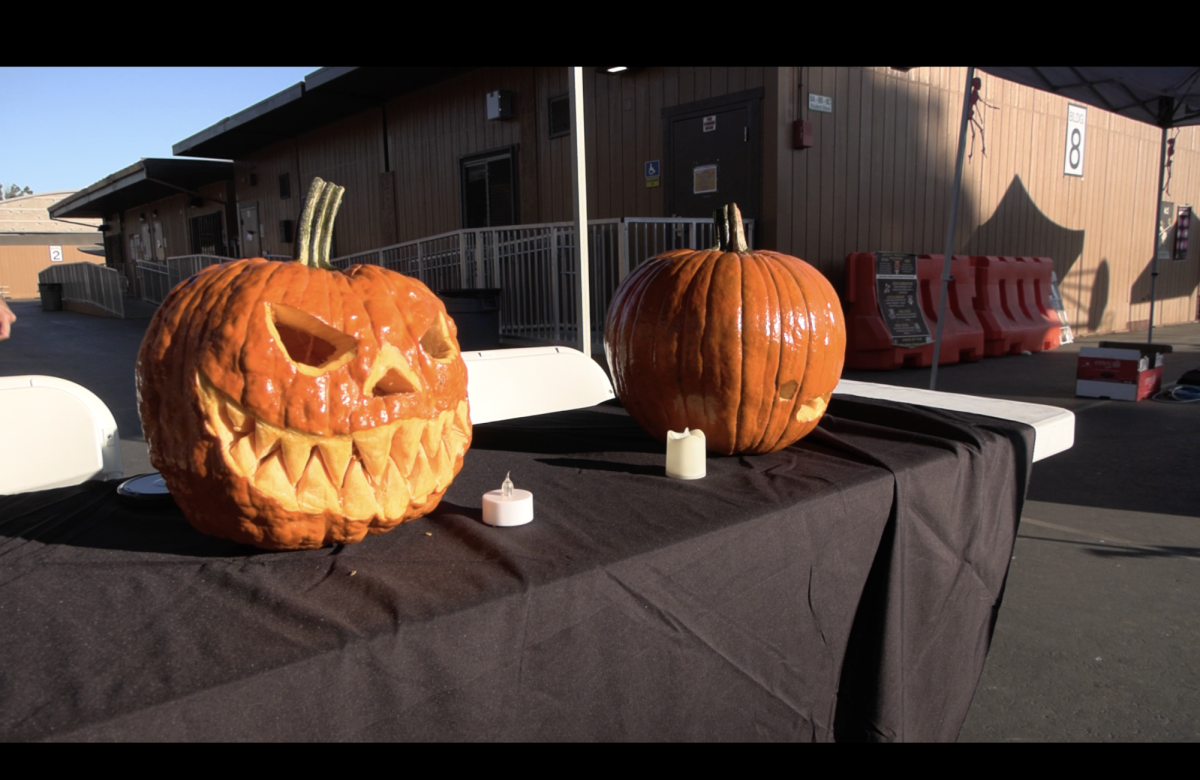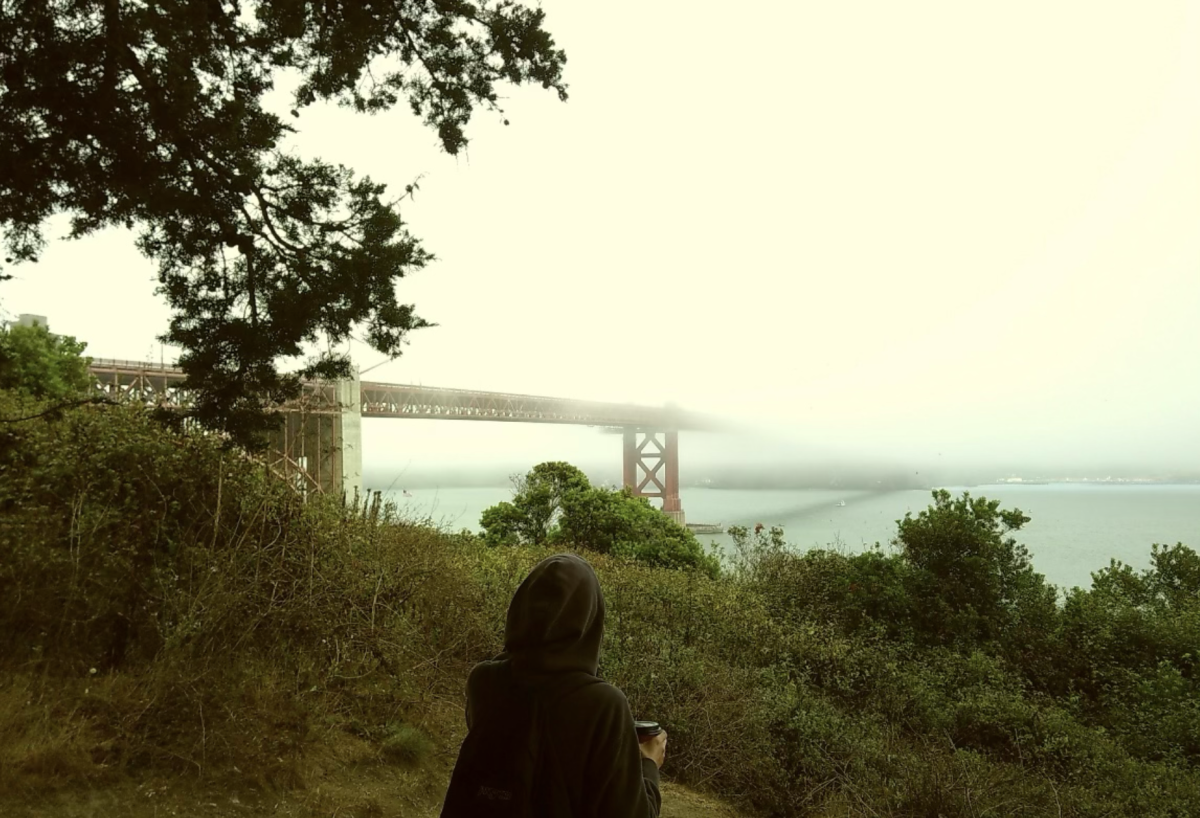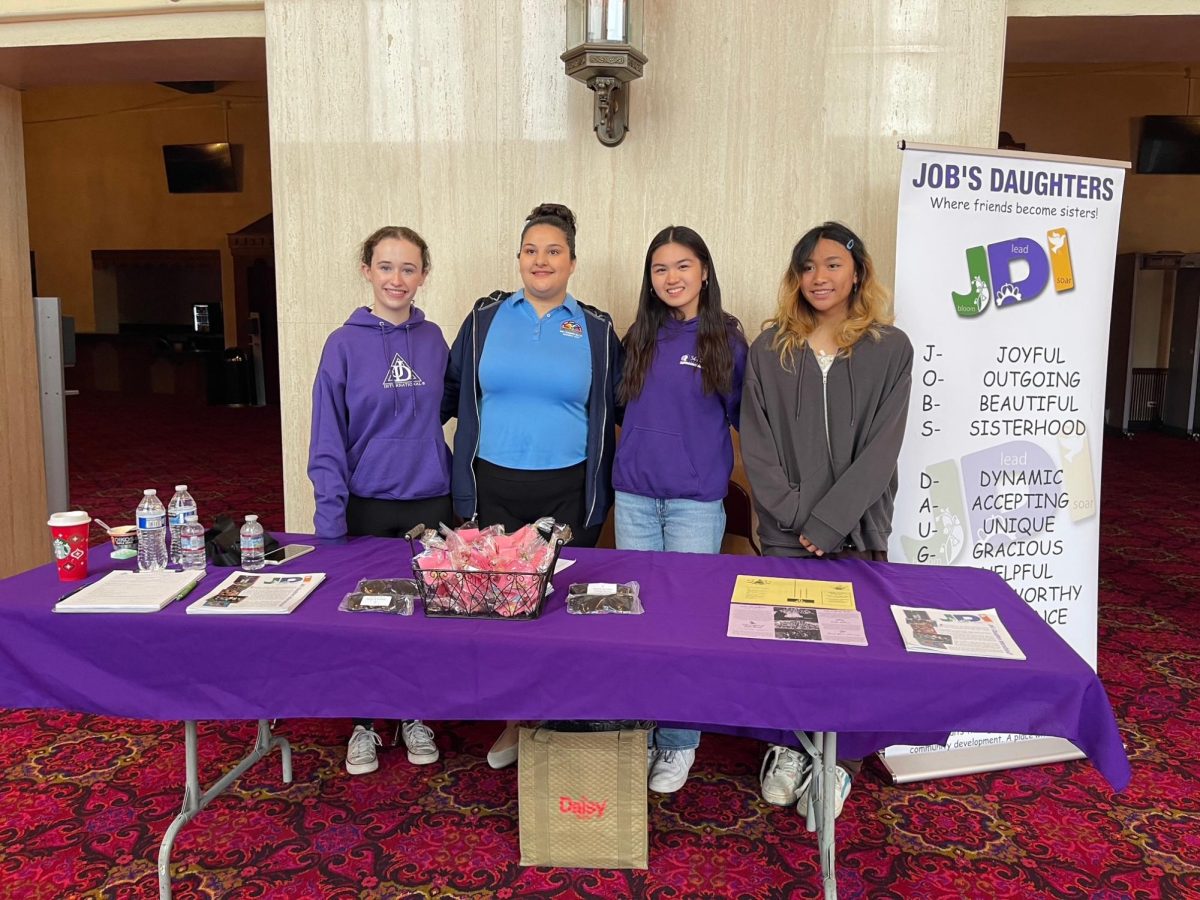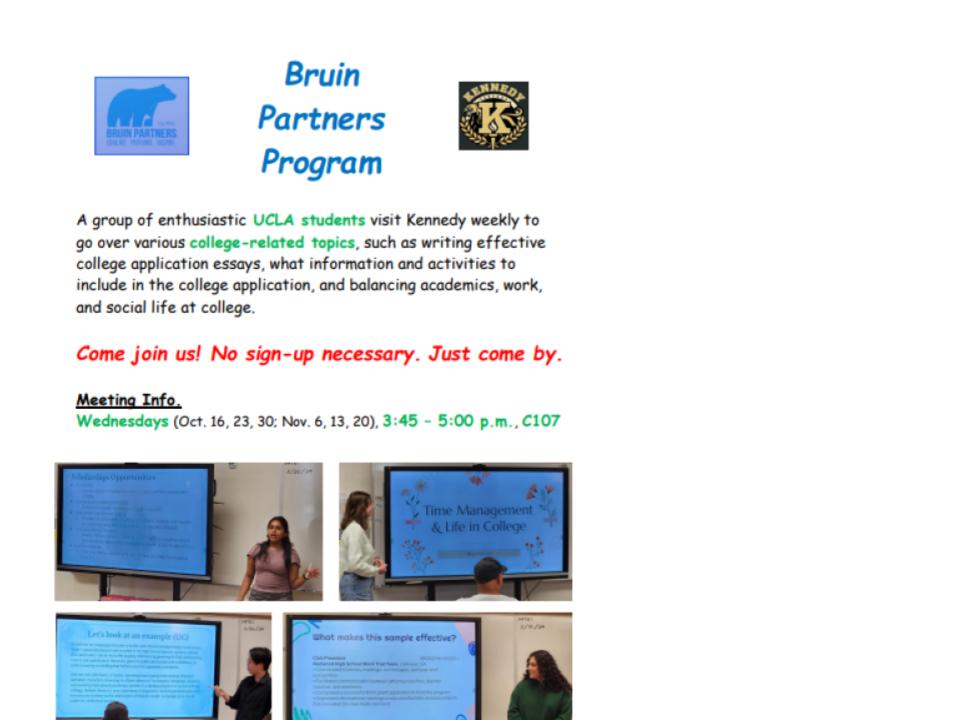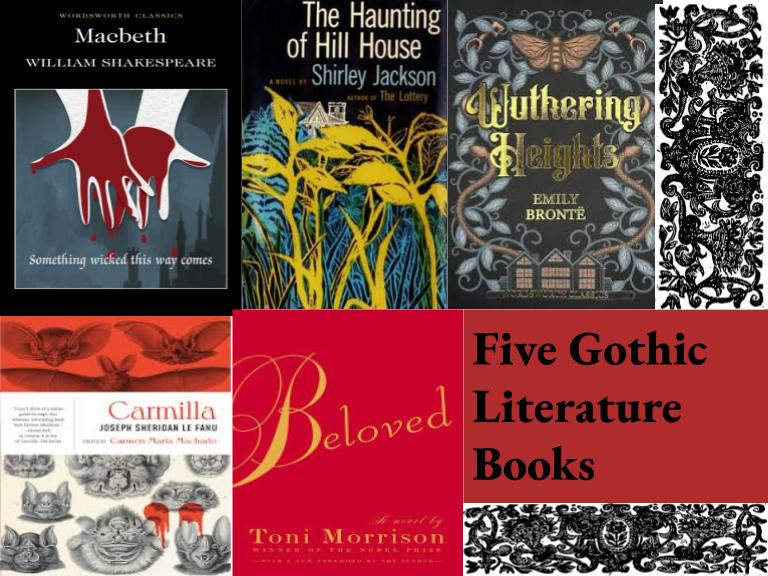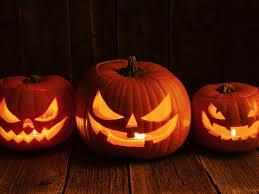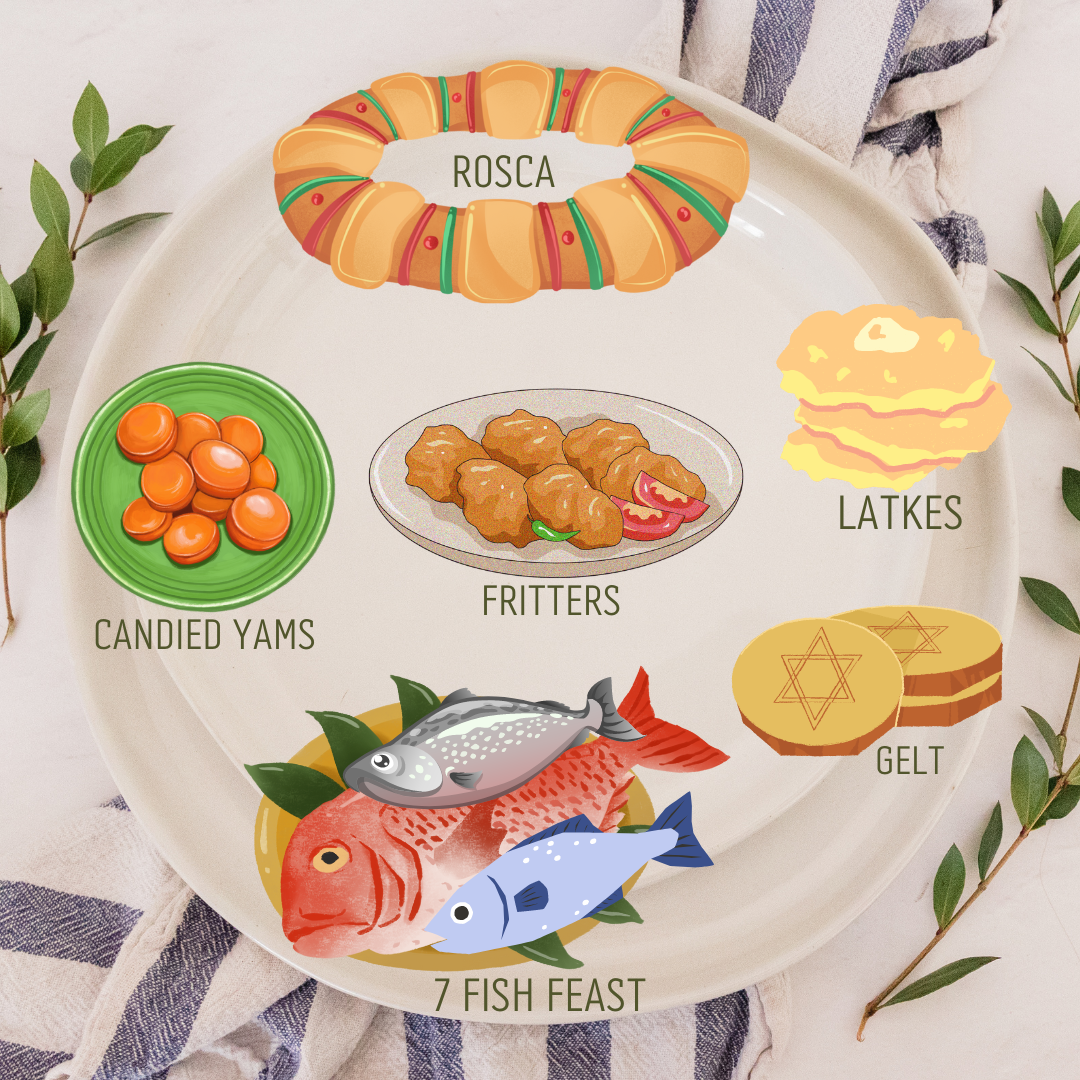With savory seasonal cuisines, the kitchens’ of those celebrating winter holidays are filled with various types of delectable dishes.
The winter season encompasses a large handful of holidays celebrated around the world which are each accompanied by traditional homemade dishes.
Throughout December and January, Hanukkah, Winter Solstice, Kwanzaa, Yule, Feast Day, The Feast of the Seven Fishes, Three Kings Day, and Bodhi Day are celebrated.
Celebrated for eight days, with this year starting Thursday, December 7, 2023, and ending Friday, December 15, 2023, Hanukkah is a Jewish festival of lights in which the lighting of candles on each day commemorates the rededication of the Second Temple of Jerusalem. Accompanied by songs and dreidel spinning, this holiday involves a variety of main and side dishes.
Senior Ella Faysman said that her family eats latkes during the winter holidays specifically for the celebration of the first night of Hanukkah.
The most popular foods for this holiday are Latkes – fried potato pancakes, Kugel – sweet casserole, Roasted Chicken, and Matzo Ball Soup.
Senior Shyenne Philips said, “On Hanukkah, the number one food we eat is Latkes (or potato pancakes) with apple sauce. We also eat Matzo Ball soup, which is really good. Jelly donuts are our go-to dessert, and we mainly drink brisket. For lunch, we tend to eat cream cheese bagels. Another dessert the kids eat is gelt, which are chocolate coins used to play dreidel.”
Celebrated around December 20-23, the Winter Solstice is the shortest day of the year. This day is filled with festivals and celebrations of the darkest day of the year involving music, dancing, storytelling, and hiking.
Traditional foods eaten are acorn bread, poultry, and mutton soup (made from meat from adult goats or sheep).
Kwanzaa is celebrated from December 26 to January 1 and celebrates African and African-American history, values, and culture. Staple foods for this holiday include rice, candied yams, buttermilk biscuits, spoonbread, plantains, and fritters.
Three Kings Day is a Roman Catholic celebration of the day the three wise men first saw baby Jesus and brought him gold, frankincense, and myrrh.
Celebrated on January 6, a traditional dessert known as The Three Kings Bread or “Rosca de Reyes” is eaten/baked. This bejeweled-looking sweet bread with fruit strips contains a plastic baby symbolizing the newborn messiah. The bread is sliced and distributed to those celebrating (within a household) and the person with the baby in their slice has to cook a meal for the entire family on February 2.
Junior Elianna Navarro said, “In celebration of Three Kings Day, my family eats a rosca, and we leave our shoes next to the fireplace so that the three kings come at night to fill our shoes with small gifts.”
Yule is celebrated from December 21 to January 1 and is a winter festival observed by Germanic people. This holiday celebrates the 12 days between the winter solstice and the beginning of the next solar year (or the return of the sun). Throughout this holiday, seasonal fruits and vegetables are eaten as well as filling and lavish main courses such as roast, baked bird, hearty beef dishes, pot roast, and meat pies.
On December 12, the feast day of the Lady of Guadalupe is commemorated by Catholics. On this day, roses are delivered to local churches at her statue or image. In celebration of her birthday, bunuelos (fried dough fritters with sugar), raspados (a type of slushie), tortas (similar to a sandwich), tamales, and pozole (a type of stew).
On December 24, the Feast of the Seven Fishes is celebrated by Italian-Americans. On this holiday, there are seven courses. The first course is small shrimp bites, the second course is crab, the third course is clam and oyster, the fourth course is calamari, the fifth course is soup, the sixth course is pasta, and the seventh course is fish.
Celebrated on January 18, Bodhi Day commemorates the day Siddhartha Gautama attained awakening/enlightenment by becoming Buddha. On this day, Buddhists traditionally decorate a bodhi tree with lights and statues and display Buddha around their homes. A traditional meal of rice and milk is then eaten as it is the first meal Buddha ate after reaching enlightenment.
These are just a few of the Winter Holidays celebrated around the world and their traditions.
